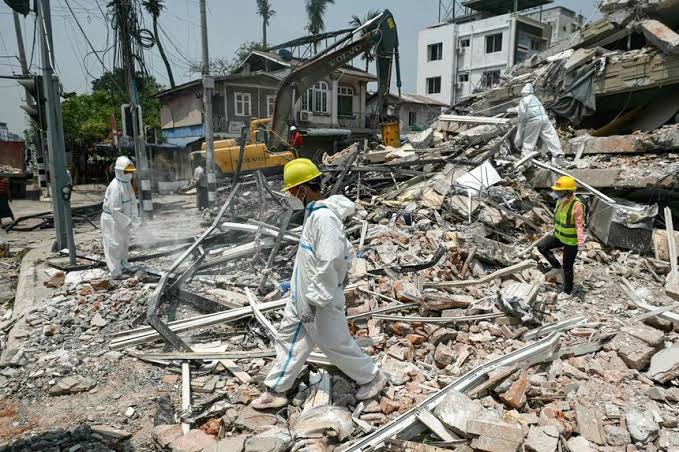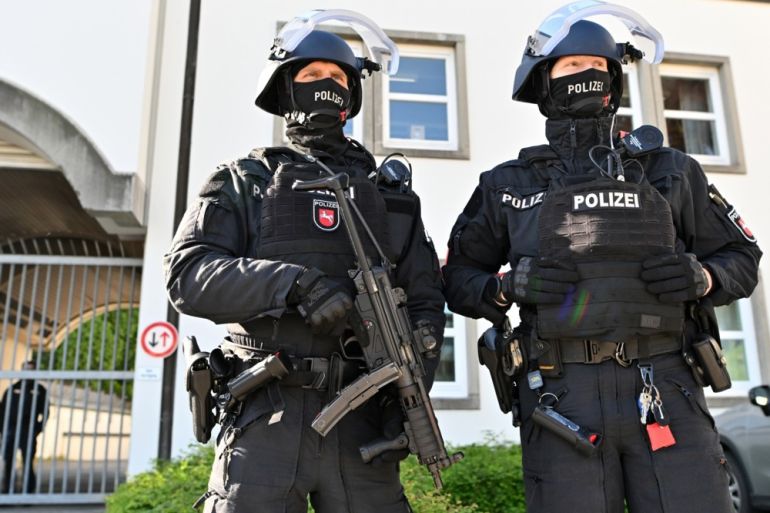Myanmar’s military is restricting essential humanitarian assistance for earthquake survivors in regions where it perceives opposition to its authority, according to a statement from the United Nations human rights office on Friday.
The U.N. Office of the High Commissioner for Human Rights reported that it is examining 53 incidents of aggression by the junta against its adversaries since the earthquake occurred on March 28, which includes airstrikes, with 16 of these actions taking place after a ceasefire was declared on April 2.
On Friday, the office received information about an additional eight attacks that are currently under investigation.
A representative for Myanmar’s ruling junta did not respond to inquiries from Reuters for comments.
The humanitarian crisis in the earthquake-affected regions, particularly those beyond the military’s control, is dire, stated U.N. rights office spokesperson Ravina Shamdasani during a press briefing in Geneva.
The 7.7 magnitude earthquake, one of the most powerful to strike Myanmar in a century, impacted areas inhabited by 28 million people, causing widespread destruction, displacing communities, and leaving many without access to food, water, and shelter. The junta has reported that the death toll has exceeded 3,100.
James Rodehaver, head of the OHCHR’s Myanmar team, noted that the restrictions on aid are part of a strategy to prevent assistance from reaching populations that the military views as unsupportive of its 2021 power takeover.
The demand for aid is particularly critical in Myanmar’s Sagaing region, and time is a pressing factor for humanitarian organizations attempting to assist those in need, he emphasized.
Shamdasani expressed concern, stating, “Air strikes are alarming and shocking, and they must cease immediately; the priority should be on humanitarian recovery.”
On Wednesday, the government announced a 20-day unilateral ceasefire via state-run MRTV, effective immediately to facilitate post-earthquake recovery, but cautioned that it would “respond accordingly” if rebel forces initiated attacks.
See more: AI could change nearly half of jobs worldwide, says UN
Millions have been impacted by Myanmar’s escalating civil conflict, which was ignited by the coup that removed Nobel Peace Prize laureate Aung San Suu Kyi from power.
It has severely impacted the predominantly agricultural economy, displaced over 3.5 million individuals from their residences, and severely hindered vital services like healthcare.




